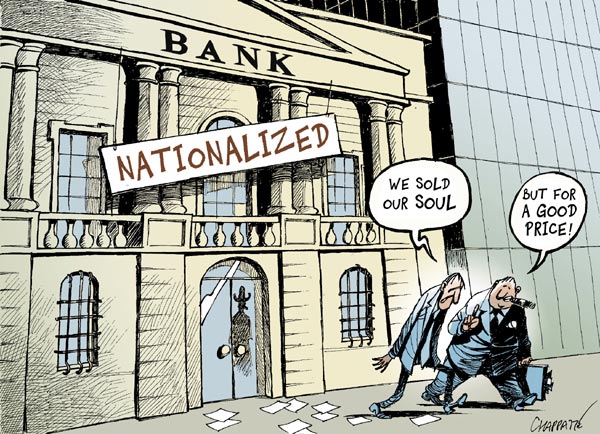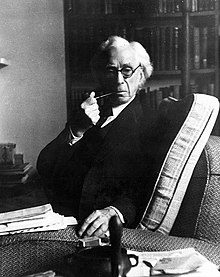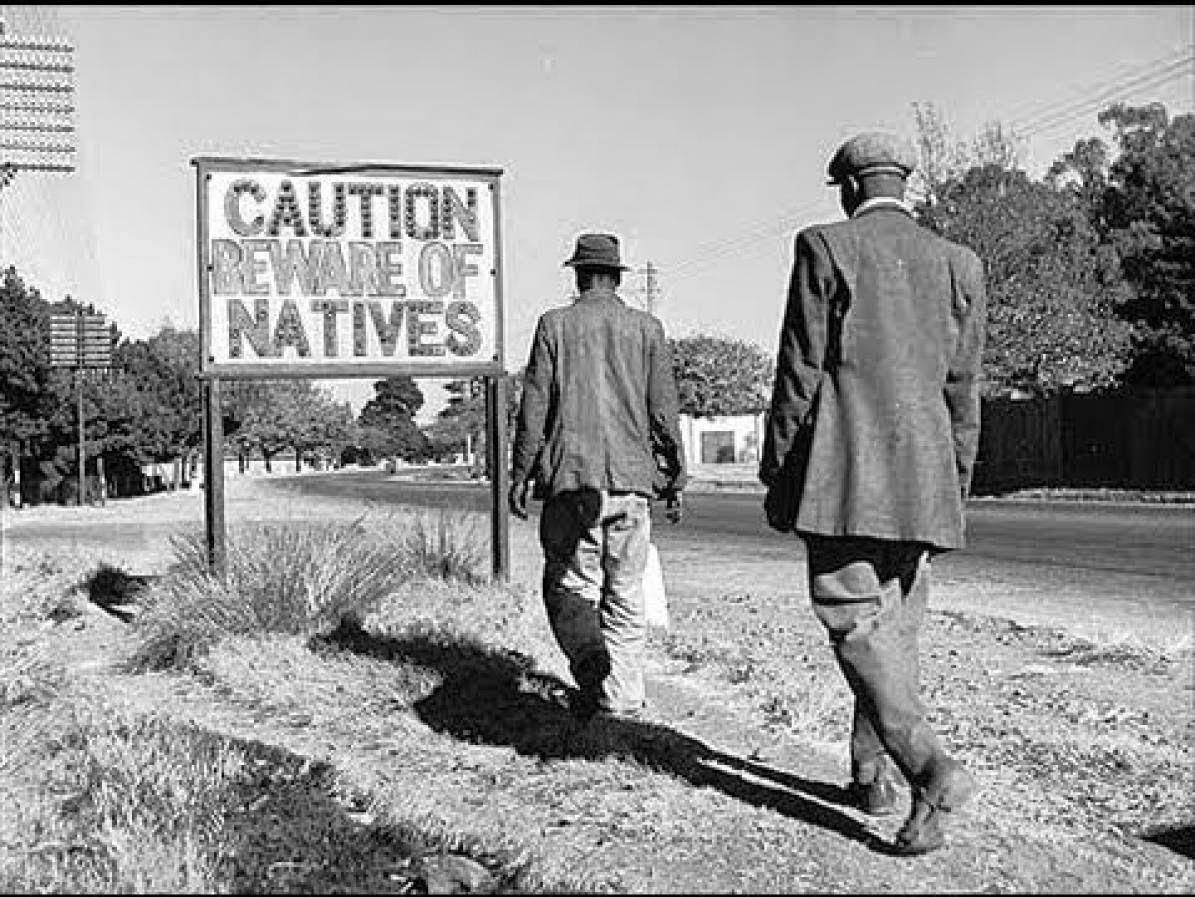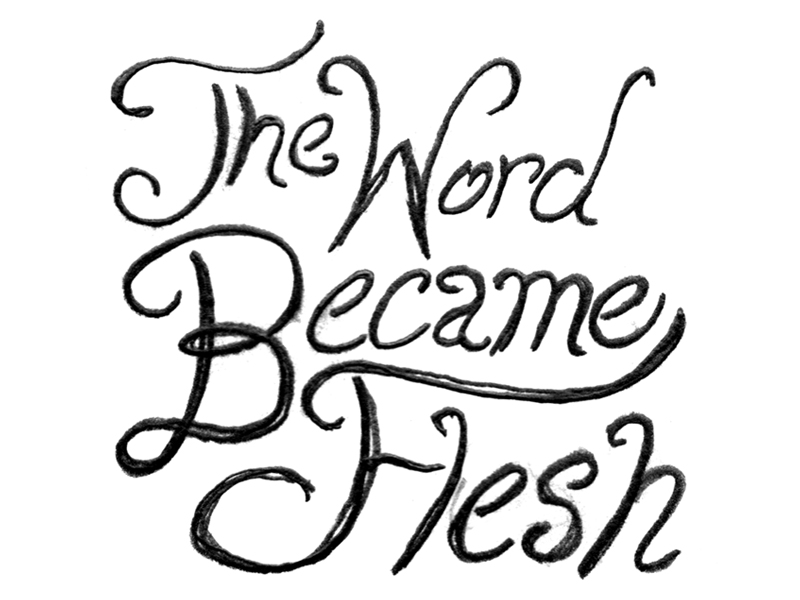
Two little lines I heard one day,
Traveling along life’s busy way;
Bringing conviction to my heart,
And from my mind would not depart;
Only one life, twill soon be past,
Only what’s done for Christ will last.
Only one life, yes only one,
Soon will its fleeting hours be done;
Then, in ‘that day’ my Lord to meet,
And stand before His Judgement seat;
Only one life, 'twill soon be past,
Only what’s done for Christ will last.
Only one life, the still small voice,
Gently pleads for a better choice
Bidding me selfish aims to leave,
And to God’s holy will to cleave;
Only one life, ’twill soon be past,
Only what’s done for Christ will last.
Only one life, a few brief years,
Each with its burdens, hopes, and fears;
Each with its clays I must fulfill,
living for self or in His will;
Only one life, ’twill soon be past,
Only what’s done for Christ will last.
When this bright world would tempt me sore,
When Satan would a victory score;
When self would seek to have its way,
Then help me Lord with joy to say;
Only one life, ’twill soon be past,
Only what’s done for Christ will last.
Give me Father, a purpose deep,
In joy or sorrow Thy word to keep;
Faithful and true what e’er the strife,
Pleasing Thee in my daily life;
Only one life, ’twill soon be past,
Only what’s done for Christ will last.
Oh let my love with fervor burn,
And from the world now let me turn;
Living for Thee, and Thee alone,
Bringing Thee pleasure on Thy throne;
Only one life, 'twill soon be past,
Only what’s done for Christ will last.
Only one life, yes only one,
Now let me say, "Thy will be done";
And when at last I’ll hear the call,
I know I’ll say "twas worth it all";
Only one life, 'twill soon be past,
Only what’s done for Christ will last. ”
— extra stanza —
Only one life, ’twill soon be past,
Only what’s done for Christ will last.
And when I am dying, how happy I’ll be,
If the lamp of my life has been burned out for Thee











